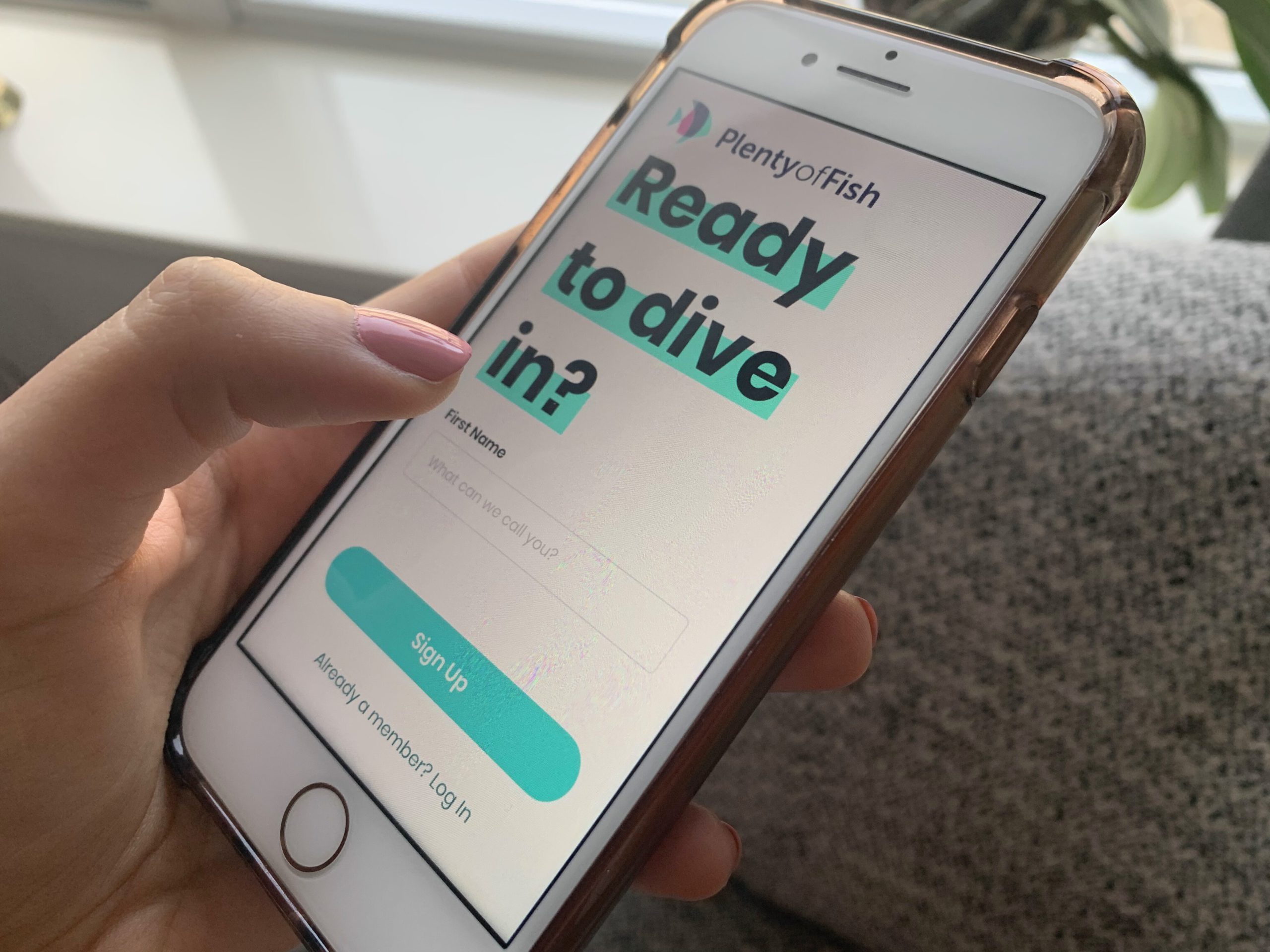February 14, 2020, gave people all over the world a reason to celebrate love in its many forms. Couples would go out on dates at upscale restaurants or movie theatres, others would pack into karaoke bars or nightclubs and enjoy the freedom that comes with being single.
Just a month later, however, those same establishments would shut their doors for months to come. Valentine’s Day celebrations this year will look much, much different.
The pandemic has brought with it an epidemic of loneliness and isolation due to restrictions on social gatherings and stay-at-home orders, as well as an ongoing mental health crisis and a weak support system for the mentally ill. Adolescents and young adults have especially been hit hard, with 80 per cent of young adults having reported experiencing symptoms of depression since the pandemic began.
Couples and singles have both adapted to this new normal. Many couples have resorted to using video chatting services such as Zoom and Skype as their main method of communication.
On the other hand, dating apps such as Tinder and Bumble have seen their user bases skyrocket. Tinder has even introduced the Passport feature, which lets users swipe on people from around the world, as well as a video calling service.
Tatiana Aparicio, a fourth-year business student at George Brown College, says the pandemic has forced her to change how she thinks about dating in general. “I’m the type of person who never thought that I’ll have the need to create an online dating profile, as I’ve always considered myself as ‘old school’,” she says.
As someone unfamiliar to online dating, Aparicio voiced her concerns about problematic behaviours that come with using dating apps.
“I’ve found that although there are men who genuinely seek relationships, there are also plenty of them who are simply looking for sex. It might be related to the loneliness that we face under lockdown and not being able to interact like before.
“Virtual calls can’t replace physically having your significant other beside you.”
“Also, people become more picky and judgmental and swipe based on physical attraction instead of personality. People also tend to lie and pretend to be someone they’re not. I feel like relationships on dating apps don’t last, and it might be related to the fact that you get your hopes up from the profile and as you get to know the person their profile does not match their real life persona.”
Burak Reisyan, a third-year psychology student, is currently in a long-distance relationship with an international student who had to return to their home country at the start of the pandemic. He says the lack of physical contact has posed the greatest challenge to his relationship.
“I call my boyfriend every day, but I feel that the biggest struggle with long-distance relationships is trying to replace intimacy on digital platforms. I’m a very sensual person, and virtual calls can’t replace physically having your significant other beside you.”
Aparicio also voiced her frustration about being unable to form genuine connections online compared to in-person, especially with online dating. “You can never get to know a person just by texting them,” she says. “Every time I’ve texted a guy, the way they talk face-to-face is not the same, and it’s hard to keep the flow of the conversation.”
Nevertheless, the trend towards online dating had already been rising before the pandemic, and the amount of young adults using dating apps may increase even further in the future. Tinder CEO Elie Seidman believes this signals a transformation of the overall dating culture in general.
“The changes to dating brought in by COVID-19 lockdowns have merely accelerated a generational change,” Seidman stated. “The 18 year olds joining the app now, unlike their predecessors who joined in 2012, have grown up immersed in social media apps and see that virtual world as something quite natural. Their digital lives are as important as their lives in the physical world.”
Aparicio believes the new practices brought on by the pandemic will not last when life returns to some sort of normalcy. “There’s nothing like meeting the friend of a friend, a coworker, or someone who’s taking the same class. For me, face-to-face interaction will never be replaced by online interaction.”



Wow so true I’m glad I’m not the only one feeling this way. Tatiana is such a mood
Such strange times we are living in. Hopefully, we’ll all be able to get together in person soon.